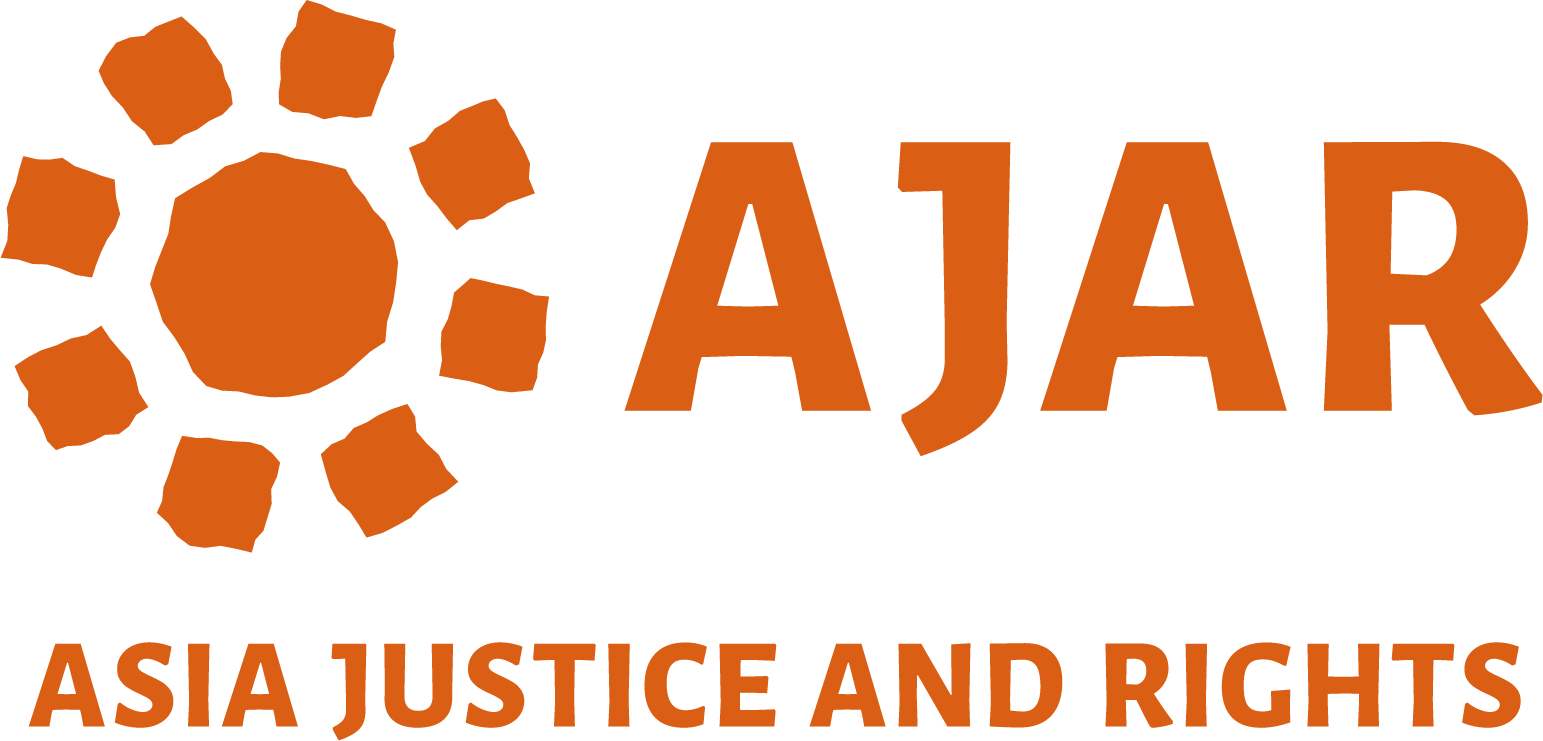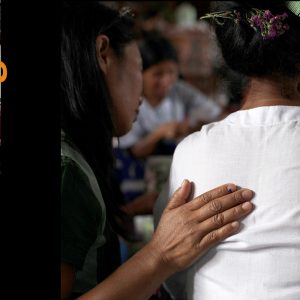About this Course
In the 1990s, conventions and declarations began to call for an end to violence against women in conflict, putting the issue firmly on the international agenda. However, experiences of sexual violence are notoriously difficult to disclose. Barriers such as shame, fear of stigma and judgment from family and the community, concerns about confidentiality and safety, as well as uncertainty about the criminal justice system all work to suppress the truth of gender-based violence.
In some contexts, survivors of rape risk accusations of adultery if they are unable to prove their claim. Such cultural norms that blame the victim become a disincentive to speaking out, while many women also find it difficult to disclose witnessing or hearing about cases of sexual violence.
Importantly, the violence experienced by women in conflict is not limited to sexual violence but includes violations of economic, social, and cultural rights as well as civil and political rights. The impacts tend to also be felt by children and grandchildren, and despite high-level international and national commitments to end violence against women in conflict, these are continue long after the cessation of conflict.
The course aims to increase understanding of gender perspectives and women rights in the context of conflict and mass atrocities. It will also give opportunities for participants to share their experiences and knowledge around gender and transitional justice.
Course Details:
- Flexible and Independent Study. Start the course and learn at your own schedule.
- 100% online
- Intermediate Level
- Prerequisites: Introduction to Transitional Justice
- Approx. 1.5 – 2.5 hours to complete
- English

